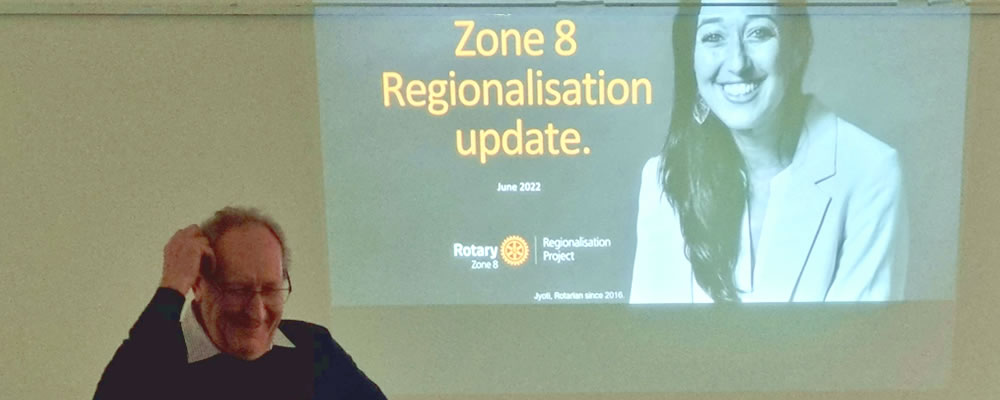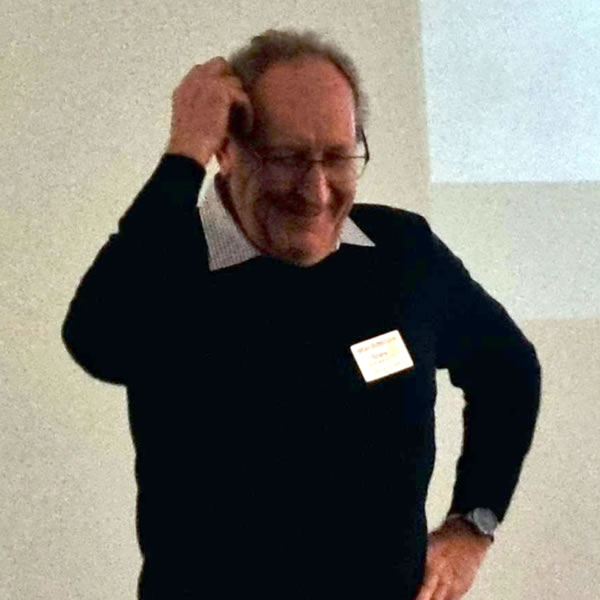
There are 540 districts around the world with 10-12,000 administration jobs, some cost to the Clubs. Regionalization will make change changes in the plans, taking away Districts and Zones. Zon es are to be called Regions with a Regional Council. Currently, the trial is only happening within Zone 8 and Zone 2 (Britain and Ireland). The plan is to come up with a structure to be replicated around the world. Zone 3 has a plan to make things happen. There is a need to identify what impact it is going to have on us all. We have the opportunity to make things more vibrant.
es are to be called Regions with a Regional Council. Currently, the trial is only happening within Zone 8 and Zone 2 (Britain and Ireland). The plan is to come up with a structure to be replicated around the world. Zone 3 has a plan to make things happen. There is a need to identify what impact it is going to have on us all. We have the opportunity to make things more vibrant.
Rotarians have had much influence over communities over the last 100 years. but now we need to respond and identify Rotary in the future, noting Paul Harris’ quote “Rotary needs to continue to adapt and change”. The fact is that challenges over the years have created a decline in membership. Aging and declining membership has resulted in the general public maintaining very little understanding of Rotary’s role in the community. If it is time to improve some aspects of Rotary, including projects for Zone 8 to establish a pilot process as Clubs support each other by communicating with one voice. The change needs to be vibrant and positive, ensuring Clubs have better connecting members and Clubs to revolve into better communication with each other.
The plan for a regional governance structure has been worked on since 2019, with the view of a transformation of Rotary and Rotaract. To support clubs it is necessary to provide relevant and engaging experiences that serve the community and enable us to grow. Several processes are required before the project can proceed, including significant consultation with members, Clubs, and District teams. Other important facts should the pilot proceed are:
- Existing districts will remain in place with District Governors and the Regional Council sharing management and leadership. District personnel will be crucial to ensure continuity and support for Clubs.
- The District will remain in overall control of the pilot with District Governors playing an important leadership land advisory role during the pilot.
- Regular monitoring and evaluation will occur to confirm effectiveness and efficiency and that we improve the overall membership experience, grow Rotary and Rotaract, create opportunities for leadership, and growth and welcome more diverse perspectives in decision-making.
- The decision on any permanent change will be approved by the Rotary International Board, after consultation with Districts and members.
There will be one vote per Club and any Club which abstains is a no vote. There is a need to have some structure that suits us all. Rotary Foundation won't change, there will be a graded transfer of duties and responsibilities. Evidence will go to the International Board. for evaluation and assessment.
